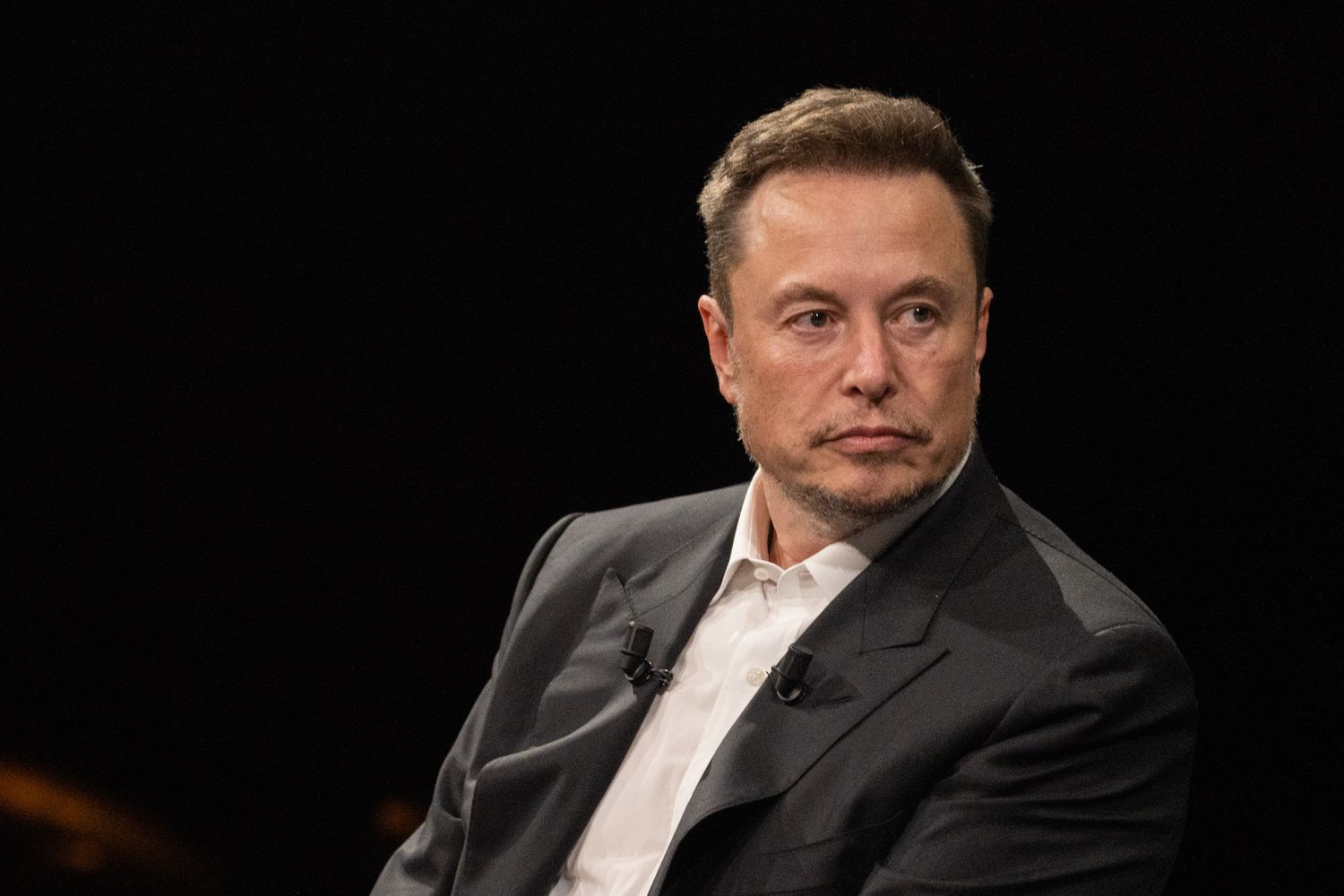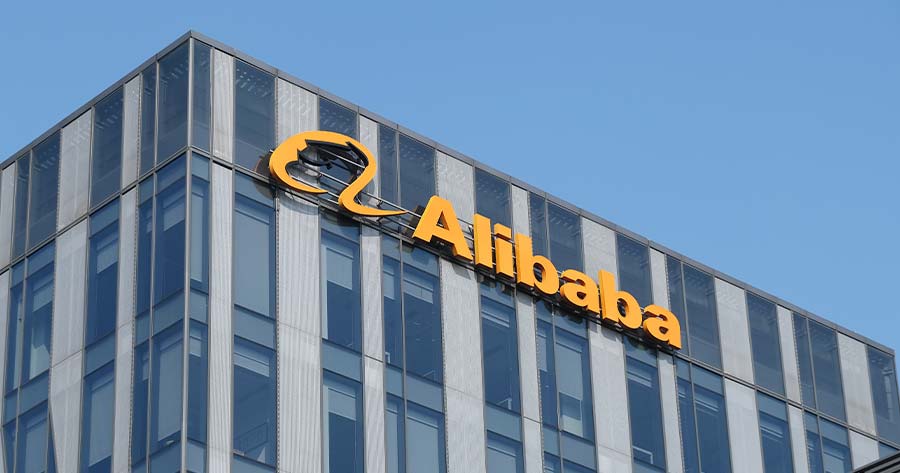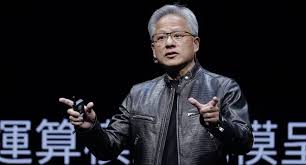Tech
Google CEO Sundar Pichai Navigates a Year of Highs and Workforce Tensions

Google’s 2024 began with a high note when its April earnings report triggered the largest rally in Alphabet shares since 2015, propelling the company’s market capitalization past $2 trillion for the first time. The results signaled to Wall Street that Google was holding its ground in the competitive AI space.
However, inside the company, a different narrative unfolded. During an all-hands meeting following the earnings announcement, a top-rated employee comment highlighted concerns about morale, trust, and cohesion within Google’s workforce. “We’ve noticed a significant decline in morale, increased distrust, and a disconnect between leadership and the workforce,” the comment read. Another highly ranked question pointed to dissatisfaction with compensation, despite the company’s stellar performance.
These sentiments reflected broader challenges for CEO Sundar Pichai, who faced growing scrutiny from employees amid product missteps, layoffs, and questions about his vision for the company.
Despite internal tensions, Pichai guided Google through a year of solid financial growth. The company saw strong revenue in key segments, including search advertising and cloud services. It also advanced its AI strategy, overcoming early product setbacks that included some high-profile embarrassments. By the end of 2024, Google’s stock had risen over 40%, outperforming the S&P 500 but lagging behind competitors like Meta and Amazon.
Internal shake-ups, including layoffs and reorganizations, further fueled unease among employees. Conversations with staff, recordings, and internal correspondence revealed a vocal workforce questioning the company’s direction and expressing concerns about leadership’s ability to maintain Google’s culture of innovation and trust.
As Google continues to evolve in the face of intense market competition and workforce expectations, Pichai remains at the center of navigating the delicate balance between meeting financial goals and addressing employee concerns.
Tech
X to stop Grok AI from undressing images of real people

X has announced that its artificial intelligence tool, Grok, will no longer be able to edit images of real people to depict them in revealing clothing in jurisdictions where such activity is illegal, following widespread backlash over the misuse of sexualised AI deepfakes.
In a statement published on the platform, X said it had introduced new safeguards to prevent the Grok account from being used to manipulate photos of real individuals in a sexualised manner. “We have implemented technological measures to prevent the Grok account from allowing the editing of images of real people in revealing clothing,” the company said.
The move has been welcomed by UK authorities, who had previously raised concerns about the tool’s use. The UK government described the decision as a “vindication” of its calls for X to take stronger action to control Grok. Media regulator Ofcom also said the change was a “welcome development”, while stressing that its investigation into whether the platform breached UK laws is still under way.
“We are working round the clock to progress this and get answers into what went wrong and what’s being done to fix it,” Ofcom said, signalling continued scrutiny despite the latest measures.
Technology Secretary Liz Kendall welcomed X’s announcement but emphasised the need for accountability. She said she would “expect the facts to be fully and robustly established by Ofcom’s ongoing investigation”, underlining the government’s commitment to ensuring online safety rules are upheld.
However, campaigners and victims of AI-generated sexualised images say the decision has come after significant harm had already been caused. Journalist and campaigner Jess Davies, who was among women whose images were edited using Grok, described the changes as a “positive step” but said the feature should never have been permitted in the first place.
Tech
Alibaba Opens AI Video Generation Model for Free Use Globally

Chinese tech giant Alibaba has made its latest AI video generation models freely available worldwide, intensifying competition with rivals such as OpenAI.
The company announced on Wednesday that it is open-sourcing four models from its Wan2.1 series, its most advanced AI model capable of generating images and videos from text and image inputs. These models will be accessible via Alibaba Cloud’s Model Scope and Hugging Face, making them available to academics, researchers, and businesses globally.
Following the announcement, Alibaba’s Hong Kong-listed shares surged nearly 5%, continuing a strong rally that has seen the stock gain 66% in 2025. Investors have been optimistic about the company’s growing role in AI and its improving financial performance, buoyed by recent policy signals from Chinese President Xi Jinping supporting the domestic private sector.
Alibaba’s move aligns with a broader trend in China, where companies are increasingly embracing open-source AI. In January, DeepSeek, another Chinese firm, shook global markets by revealing that its AI model was trained at a fraction of the cost of competitors, using less-advanced Nvidia chips. Both Alibaba’s and DeepSeek’s models are open-source, meaning they can be downloaded and modified freely, unlike proprietary AI models such as those developed by OpenAI, which generate direct revenue.
The shift towards open-source AI has sparked debate over whether AI models will become commoditized. While companies like Meta are leading the open-source push in the U.S. with their Llama models, Chinese firms have been particularly aggressive in this space, aiming to drive innovation and build global AI communities.
Tech
VP JD Vance Pledges to Protect U.S. AI and Block Its Weaponization

Vice President JD Vance reaffirmed the U.S. commitment to safeguarding its artificial intelligence and semiconductor technologies, vowing to block efforts by authoritarian regimes to weaponize them.
Speaking at France’s AI Action Summit in Paris, Vance warned that some nations have exploited AI for military intelligence, surveillance, and foreign data manipulation. “This administration will block such efforts, full stop,” he stated. “We will safeguard American AI and chip technologies from theft and misuse, work with our allies and partners to strengthen and extend these protections, and close pathways to adversaries attaining AI capabilities that threaten all of our people.”
While he did not directly name China’s AI model DeepSeek, which has drawn global attention for its competitive performance at a lower cost, Vance criticized heavily subsidized technologies exported by authoritarian states. “We’re all familiar with cheap tech in the marketplace that’s been heavily subsidized and exported by authoritarian regimes,” he said.
In a pointed message to allies, Vance cautioned against collaborating with companies linked to such regimes, arguing it would compromise national security. “Chaining your nation to an authoritarian master that seeks to infiltrate, dig in, and seize your information infrastructure never pays off,” he added.
The U.S. has ramped up efforts to control AI development and chip manufacturing, tightening restrictions on exports to China and strengthening alliances in the tech sector.
-

 News1 week ago
News1 week agoPolice Review Private Flights at Stansted Following Epstein File Revelations
-

 Entertainment1 week ago
Entertainment1 week agoTech-Inspired Musician Look Mum No Computer to Represent UK at Eurovision
-

 News1 week ago
News1 week agoDNA Test Yields No Match in Search for Missing Nancy Guthrie
-

 General7 days ago
General7 days agoSouth Korea’s ex-president jailed for life over martial law attempt
-

 News1 week ago
News1 week agoTributes Pour In as Civil Rights Icon Jesse Jackson Dies at 84
-

 News3 days ago
News3 days agoBritish Tourist Among 19 Victims in Tragic Nepal Bus Crash
-

 News7 days ago
News7 days agoAndrew arrested on suspicion of misconduct in public office
-

 News6 days ago
News6 days agoInvestigation Continues as Andrew Released After Historic Royal Arrest






















